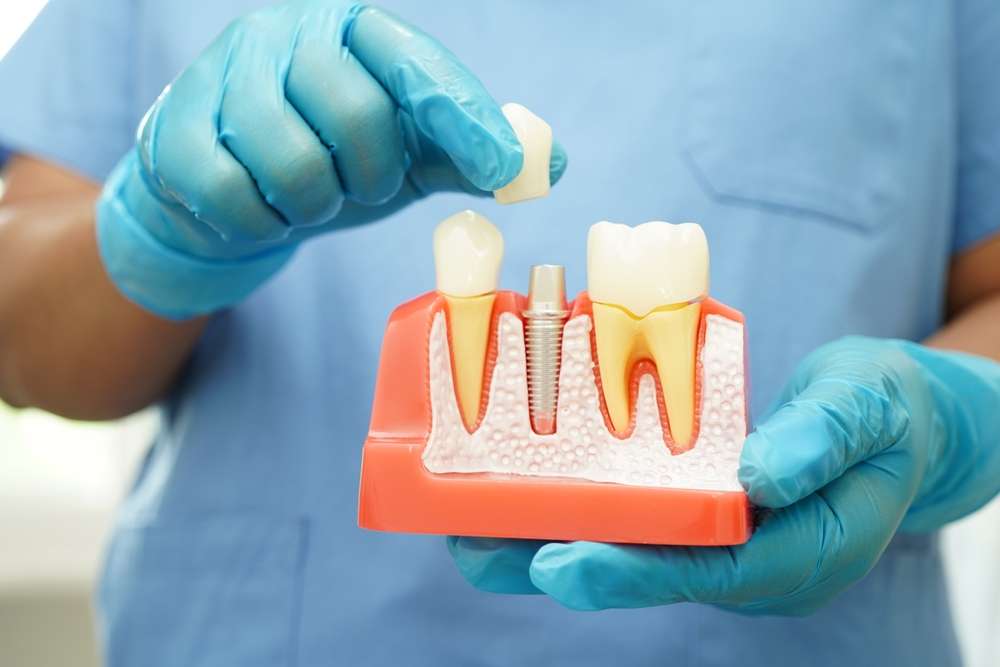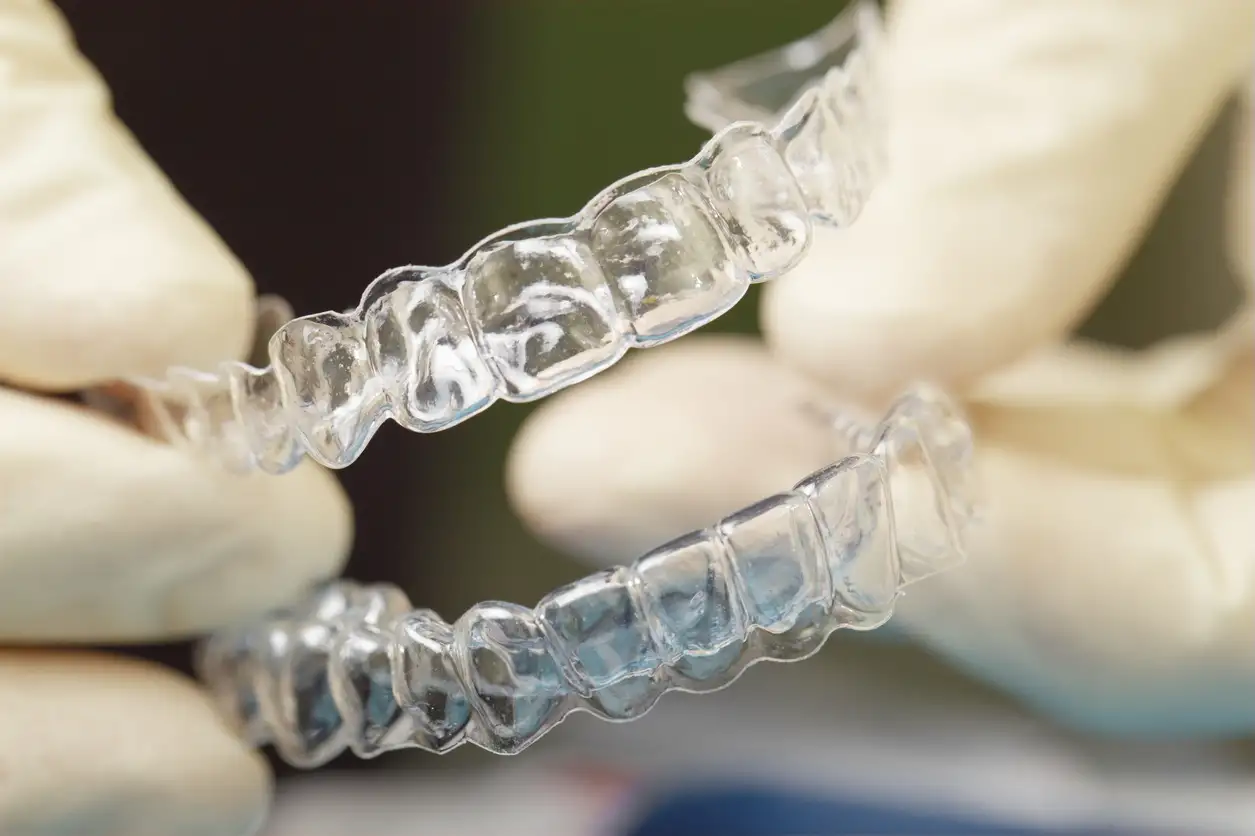Explore Reliable and Long-Lasting Dental Implant Solutions Near You
Dental implants offer a durable and natural-looking way to restore missing teeth, improving both function and confidence. Designed to integrate seamlessly with your jawbone, implants provide a stable foundation for crowns or dentures. Whether you’re considering implants for a single tooth or multiple replacements, modern dental techniques ensure comfortable treatment tailored to your needs.

What are the advantages of dental implants for oral health?
Dental implants provide numerous benefits that extend far beyond aesthetics. They preserve jawbone density by stimulating bone growth, preventing the facial collapse that often occurs with missing teeth. Unlike bridges, implants don’t require grinding down adjacent healthy teeth for support. They also eliminate the risk of tooth decay since the crown portion is made from durable materials like porcelain or zirconia.
From a functional standpoint, implants restore full chewing power, allowing you to enjoy all your favorite foods without restriction. They’re also easier to clean than bridges or partial dentures, as you can brush and floss them just like natural teeth. This improved oral hygiene helps prevent gum disease and maintains the health of surrounding teeth.
How does the step-by-step dental implant process work?
The dental implant process typically unfolds over several months, beginning with a comprehensive examination and treatment planning phase. Your dentist will take X-rays and possibly a CT scan to assess bone density and determine the optimal implant placement. If insufficient bone exists, bone grafting may be necessary before proceeding.
During the surgical phase, the titanium implant is precisely placed into the jawbone under local anesthesia. A healing cap covers the implant site while osseointegration occurs – the process where bone grows around the implant to secure it permanently. After three to six months of healing, an abutment is attached to connect the implant to the final crown. The custom-made crown is then secured, completing your new tooth replacement.
What healing and aftercare guidance is essential for implants?
Proper aftercare during the initial healing period is crucial for implant success. Immediately following surgery, apply ice packs to reduce swelling and take prescribed medications as directed. Stick to soft foods for the first week, gradually introducing firmer textures as healing progresses. Avoid smoking, as it significantly increases the risk of implant failure.
Long-term maintenance involves consistent oral hygiene practices including brushing twice daily with a soft-bristled toothbrush and daily flossing. Regular dental checkups every six months allow your dentist to monitor implant health and catch any potential issues early. Professional cleanings help prevent peri-implantitis, an inflammatory condition that can threaten implant stability.
How do dental implants compare to bridges and dentures?
When comparing tooth replacement options, dental implants offer superior longevity and functionality. Traditional bridges last 10-15 years on average, while implants can function for 25 years or more with proper care. Bridges require healthy adjacent teeth to be filed down for crowns, potentially compromising their long-term health.
Removable dentures, while initially less expensive, often require frequent adjustments and replacements. They can slip during eating or speaking, causing embarrassment and discomfort. Dentures also accelerate bone loss in the jaw, while implants actually preserve and stimulate bone growth. The initial investment in implants typically proves more cost-effective over time when considering replacement costs and improved quality of life.
What factors should you consider when choosing a dental implant provider?
Selecting the right dental implant provider requires careful consideration of several key factors. Look for a dentist or oral surgeon with specialized training in implantology and substantial experience placing implants. Board certification in oral and maxillofacial surgery or periodontics indicates advanced expertise in the field.
Technology and techniques used by the practice also matter significantly. Providers utilizing 3D imaging, computer-guided surgery, and modern implant systems typically achieve better outcomes. Ask about success rates, warranty policies, and before-and-after photos of previous cases. Additionally, consider the practice’s approach to patient comfort, sedation options, and their ability to handle complications should they arise.
Understanding dental implant costs and provider options
Dental implant costs vary significantly based on geographic location, provider expertise, and individual case complexity. In the United States, single implant costs typically range from $1,500 to $6,000, with the crown adding another $1,000 to $3,000. Complex cases requiring bone grafting or sinus lifts can increase total costs substantially.
| Provider Type | Average Cost Range | Key Features |
|---|---|---|
| General Dentist | $3,000-$5,000 | Comprehensive care, familiar provider |
| Oral Surgeon | $4,000-$7,000 | Surgical expertise, complex cases |
| Periodontist | $3,500-$6,500 | Gum and bone specialists |
| Dental Schools | $2,000-$4,000 | Supervised students, longer treatment time |
Prices, rates, or cost estimates mentioned in this article are based on the latest available information but may change over time. Independent research is advised before making financial decisions.
Many dental insurance plans provide partial coverage for implants, typically covering 50% of the procedure up to annual maximums. Some practices offer financing options or payment plans to make treatment more accessible. When evaluating costs, consider the long-term value rather than just upfront expenses, as implants often prove more economical over time compared to repeated bridge replacements or denture adjustments.
Dental implants represent a significant advancement in restorative dentistry, offering patients a permanent solution for missing teeth that closely mimics natural tooth function and appearance. While the initial investment and treatment timeline require careful consideration, the long-term benefits of improved oral health, restored confidence, and enhanced quality of life make implants an excellent choice for most candidates. Consulting with a qualified implant provider in your area can help determine if this treatment option aligns with your specific needs and goals.
This article is for informational purposes only and should not be considered medical advice. Please consult a qualified healthcare professional for personalized guidance and treatment.




